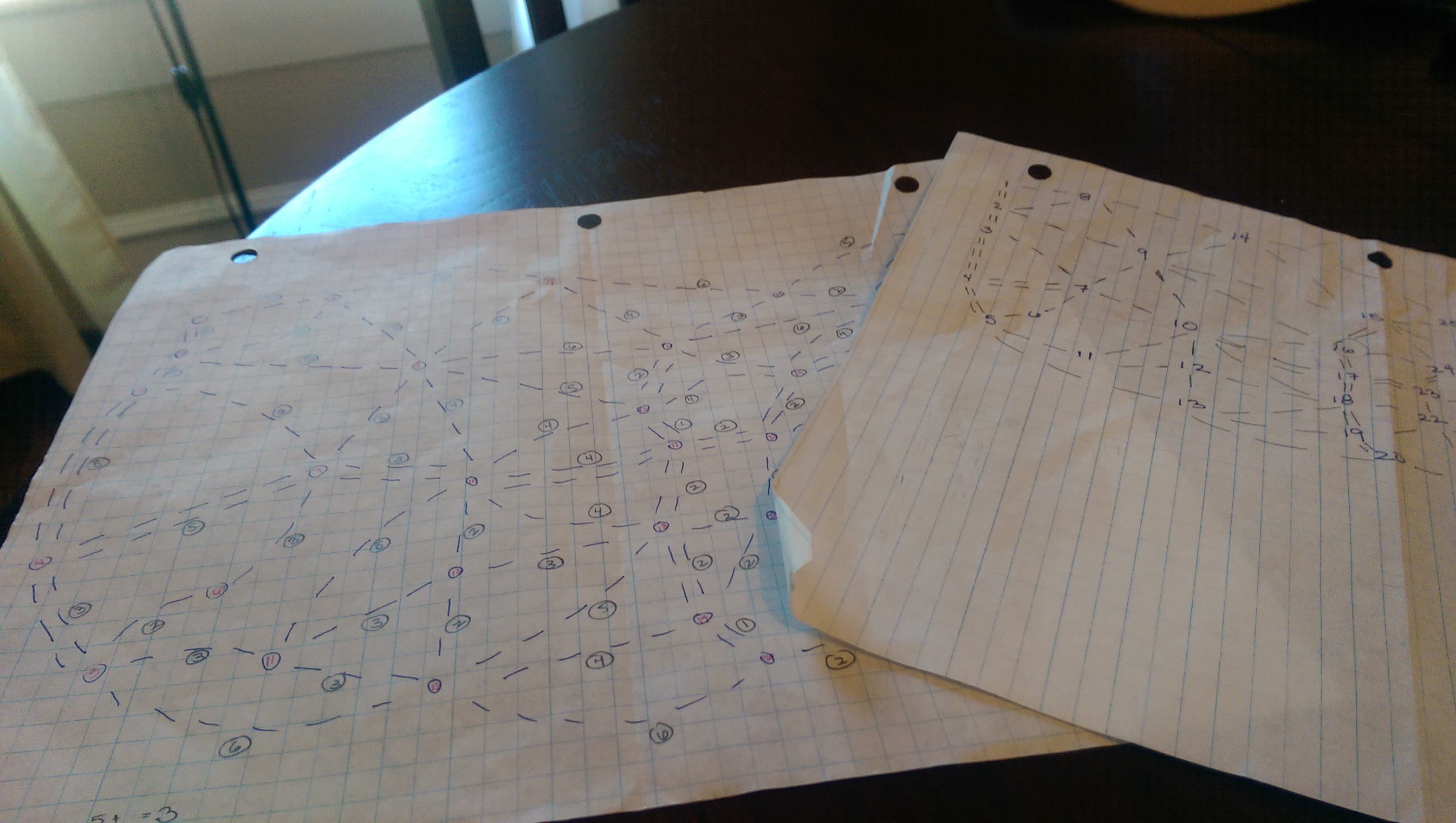There were several characteristics that I wanted to incorporate into my game in order to maximize its effectiveness in the classroom.
- The game must be relevant to the curriculum
- The game must engage the students
- The game must be equally appropriate yet challenging for all students in the classroom
The results of a study conducted by Ramani, Siegler, & Hitti (2012) on the integration of board games used to teach mathematic concepts revealed that the game was used effectively when students played in small groups and received frequent and helpful feedback throughout the duration of the game.
In a study conducted by Trinter, Brighton, & Moon (2015), emphasis was placed on creating games that can be effective learning tools for all students in the classroom regardless of academic ability. This approach of differentiating games allows students with different proficiencies, interests, and reading levels to become properly challenged and engaged in the activity (Gulacar, Eilks, & Bowman).
Based on this educational research I knew that my game must have an element of chance to increase engagement and excitement, but students must have the opportunity to do well in the game regardless of their academic ability. The purpose of this game is to scaffold my students learning regardless of their current proficiency in completing stoichiometry problems.
After creating several prototypes I decided to use an existing board game as a starting point and adjust it according to the specific needs of my classroom.
Gulacar, O., Eilks, I., & Bowman, C. (2014). Differences in general cognitive abilities and domain-specific skills of higher- and lower-achieving students in stoichiometry. Journal of Chemical Education, 91 (7) 961-969. DOI: 10.1021/ed400894b
Trinter, C., Brighton, C. & Moon, T. (2015). Differentiated educational games: discarding the one size fits all approach to educational game play. Gifted Child Today, 38 (2), 88-94.

Discussions
Become a Hackaday.io Member
Create an account to leave a comment. Already have an account? Log In.